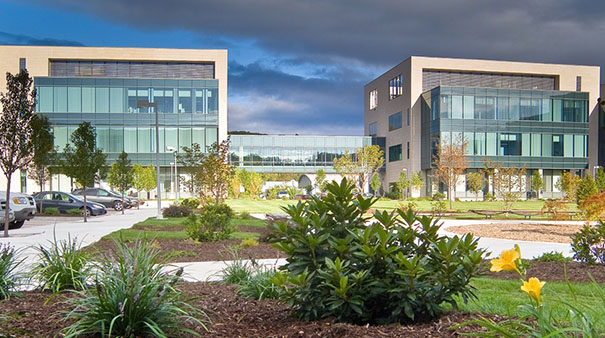Regeneron's antibody cocktail cuts COVID hospitalisation in large trial

Regeneron has posted findings from a large trial of its COVID-19 antibody cocktail showing the therapy reduced risk of hospitalisation or death by 70%.
The US pharma said that the results were a landmark as they “conclusively” demonstrated that REGEN-COV (casirivimab+imdevimab) can significantly reduce death in an outpatient setting.
Data from the phase 3 trial will also be used to convert an Emergence Use Authorisation into a permanent licence, Regeneron said.
The phase 3 trial involving 4,567 patients met its primary goal, showing a significant reduction in risk of hospitalisation or death by 70% at a 1,200 mg intravenous (IV) dose, and 71% at a 2,400 mg dose, compared with placebo.
REGEN-COV also met all secondary endpoints in the phase 3 outcomes trial, including the ability to reduce symptom duration.
A companion phase 2 trial showed that even the lowest doses tested – a 300mg IV dose and a 600mg subcutaneous (SC) dose there were significant viral load reductions over the first seven study days, comparable to the 2,400 mg and 1,200 mg IV doses.
Suraj Saggar, trial investigator and chief of infectious disease at Holy Name Medical Center in Teaneck, New Jersey, said: "With so many people still getting infected, as well as recent data showing that REGEN-COV addresses emerging variants, these data underscore the need to rapidly adopt REGEN-COV as standard-of-care to offer high-risk patients their best chance to reduce serious consequences like hospitalisation or death."
REGEN-COV already has an emergency approval from the FDA and Regeneron will share the data with regulators immediately to ask for it to be included in the emergency licence.
The FDA has also recently updated factsheets for REGEN-COV to show it is the only antibody to retain potency against important emerging variants.
Eli Lilly also has a rival COVID-19 antibody, which is also approved by the FDA with an EUA.
AstraZeneca is trialling a long-acting antibody therapy, among a host of other potential rival molecules in development, including GlaxoSmithKline/Vir, Celltrion and Brii Biosciences.












